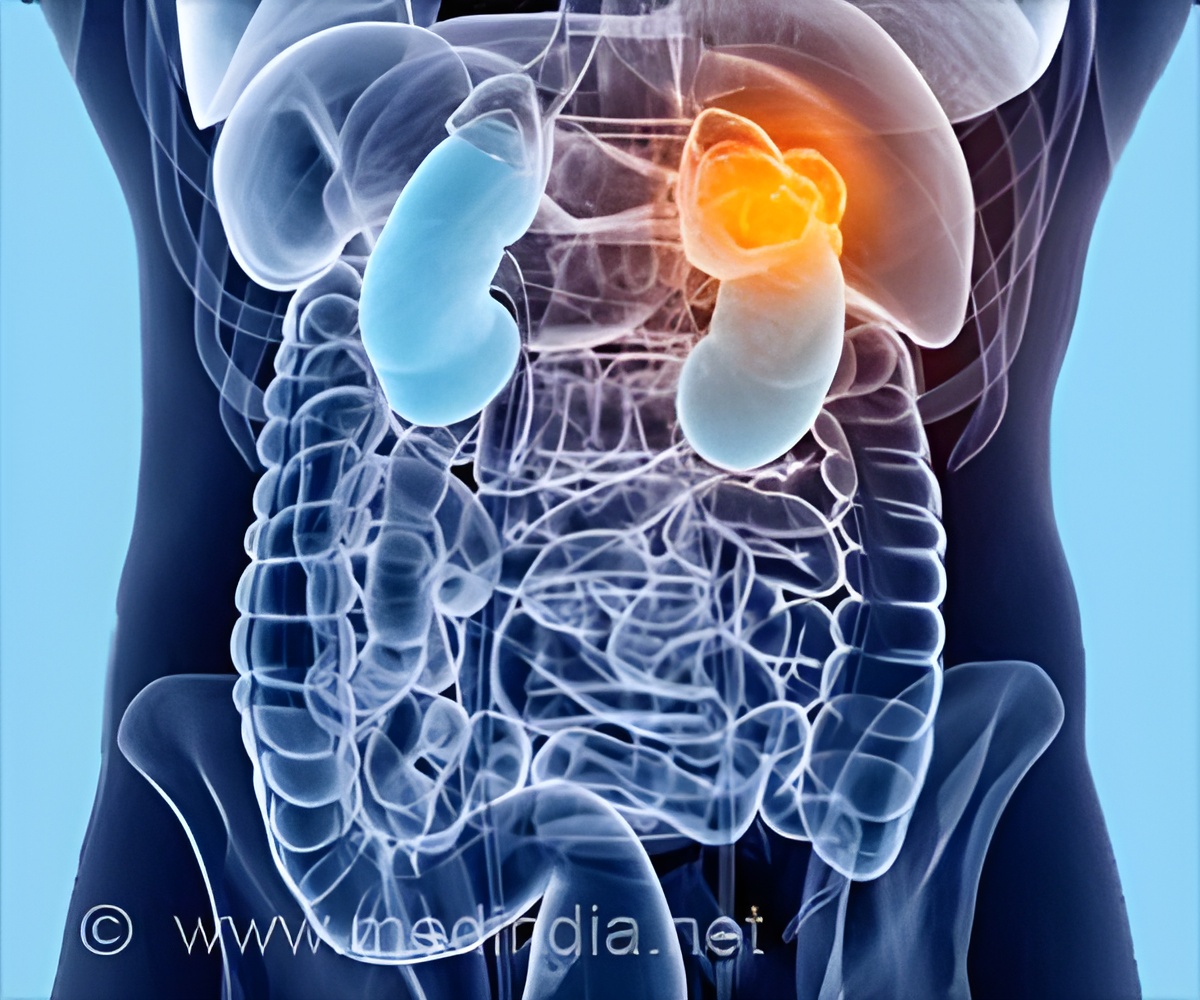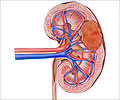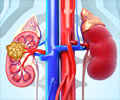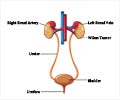Novel blood-based biomarker may predict kidney cancer risk and survival five years before diagnosis.

‘KIM-1 is an essential and highly predictive marker for kidney cancer which helps detect the cancer years before clinical diagnosis.
’





In a new study, BWH investigators along with colleagues from Beth-Israel Deaconess Medical Center, explore whether a blood test can detect higher concentrations of KIM-1 in patients who will go on to develop kidney cancer up to five years later. Their results show that KIM-1 substantially helped distinguish between those who went on to develop kidney cancer from those who did not.
"Early detection of kidney cancer can be lifesaving. We can cure kidney cancer when we detect it at an early stage, but patients with advanced kidney cancer have a very high death rate," said Venkata Sabbisetti, Ph.D., a research faculty member in the BWH Renal Division. However, kidney cancer is asymptomatic, and many patients present with advanced kidney cancer at the time of diagnosis. Our results suggest that with further refinement, KIM-1 has the potential to identify patients with early, curable kidney cancer."
Sabbisetti and colleagues measured KIM-1 concentrations in samples from patients enrolled in the European Prospective Investigation into Cancer and Nutrition (EPIC). The team compared KIM-1 levels from 190 participants who went on to develop RCC within the next five years to 190 matched participants (same age, body mass index, smoking status, etc.) who remained healthy. In samples with detectable levels of KIM-1, the average concentration was double in those who would develop kidney cancer.
The team reported that adding KIM-1 to a model for predicting kidney cancer risk approximately doubled the accuracy of that model. KIM-1 was substantially more sensitive for kidney cancer detection than prostate-specific antigen is for prostate cancer. However, given how much rarer RCC is, the researchers noted that KIM-1 should be measured along with another kidney disease-specific markers to be useful for early detection in the general population.
Advertisement
Source-Eurekalert















